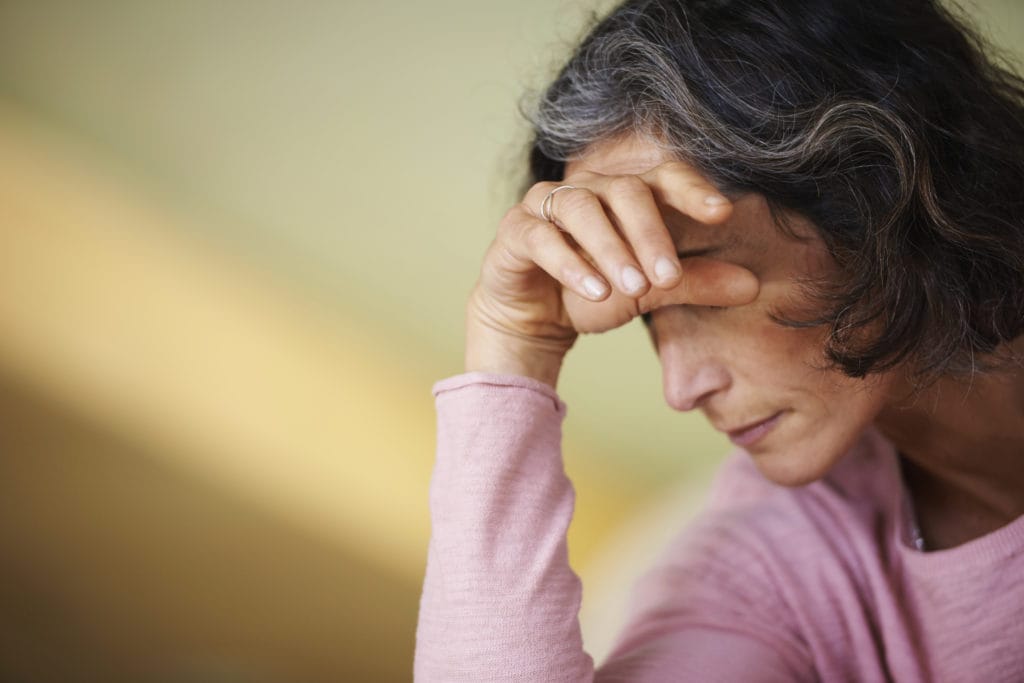It’s been two years since Eve Goldberg’s son, Isaac, died from an accidental drug overdose, but it still feels like yesterday. “I still cry when I tell Isaac’s story, even two years later. And I can see people’s faces cringe when I talk about my dead child. They don’t know how to handle it,” she says. “But I can’t worry about making them uncomfortable. He’s still my son and I won’t pretend he didn’t exist.”
A Tough Transition
After struggling with addiction for years, Isaac completed rehab for opiate addiction in 2013. But finding his way back to regular life proved tough, especially without much day-to-day support. For a while, things went well. Isaac stayed in a sober living home, where he took random drug tests, went to meetings and lived among sober peers, but there wasn’t much training in basic life skills like grocery shopping, cooking or managing money. No activities to show tenants how fun life in recovery can be. Without these, Isaac struggled. Months later, he relapsed. Eve saw the signs and tried to talk with him about it, but he didn’t want to admit it. One night, Isaac went to bed not feeling well; the next morning Eve heard unusual breathing sounds coming from his bedroom and when she checked on him, she couldn’t wake him up. After six weeks in a coma, the doctors told Eve that Isaac was gone. Eve was well-educated about addiction. She stayed close to Isaac and kept the lines of communication open. But unfortunately, she warns, “even if you see the signs you can’t always do something about it.” Addiction hijacks the brain, leading people to hide, lie and manipulate to maintain their drug abuse. Isaac didn’t want to die. He wanted to get better. But there is simply no logic in addiction.
Making Meaning Out of Tragedy
One year after Isaac died, Eve found a way to make meaning out of her tragic loss. She founded BIGVISION, an organization that provides fun, sober activities to young adults transitioning into regular life after completing rehab or sober living. “Anyone can go to rehab. There are tons of treatment centers out there,” she says. But there aren’t many organizations dedicated to teaching young people how to live again, and how to make sobriety fun and thus sustainable. Twice a month, a group of young people gets together to go hiking, go-karting, jewelry-making and do other activities that make recovery more rewarding than relapse. Participants can even learn to cook and knit. “We’re giving them fun, sober experiences outside their norm — something different from a meeting or a therapy session but that’s incredibly important in helping them adjust to life without drugs,” says Eve. “The idea is for these young people to make connections to each other, to feel normal, and to be themselves without judgment.” It has been healing for Eve to see progress in the young adults her organization serves. Some members of the “core group” that have been coming to BIGVISION events from the beginning have started volunteering and sharing their experiences with newer participants. Still, she says, “there’s so much that needs to be done.” So far, BIGVISION has been self-funded (with generous contributions from friends and family), but Eve is starting to raise money to expand the organization’s offerings and reach. To continue her mission, Eve has her sights set on building a clubhouse, a home base that’s open late at night where young people can hang out in a safe, comfortable, sober environment and do fun activities instead of drinking or using or, more commonly for someone new to recovery, sitting home alone doing nothing. Eve is also working on getting other parents who have lost children to addiction involved so, if it helps them grieve, they too can turn their resentment and anger into something positive. “Even if we can help save just one life, it’s worth it,” Eve says. “Being able to help these kids not suffer the same outcome as Isaac — I’ve never had something I’m so passionate about and so committed to. When I see the gratitude in their faces, I know we’re making a difference.” By Meghan Vivo

